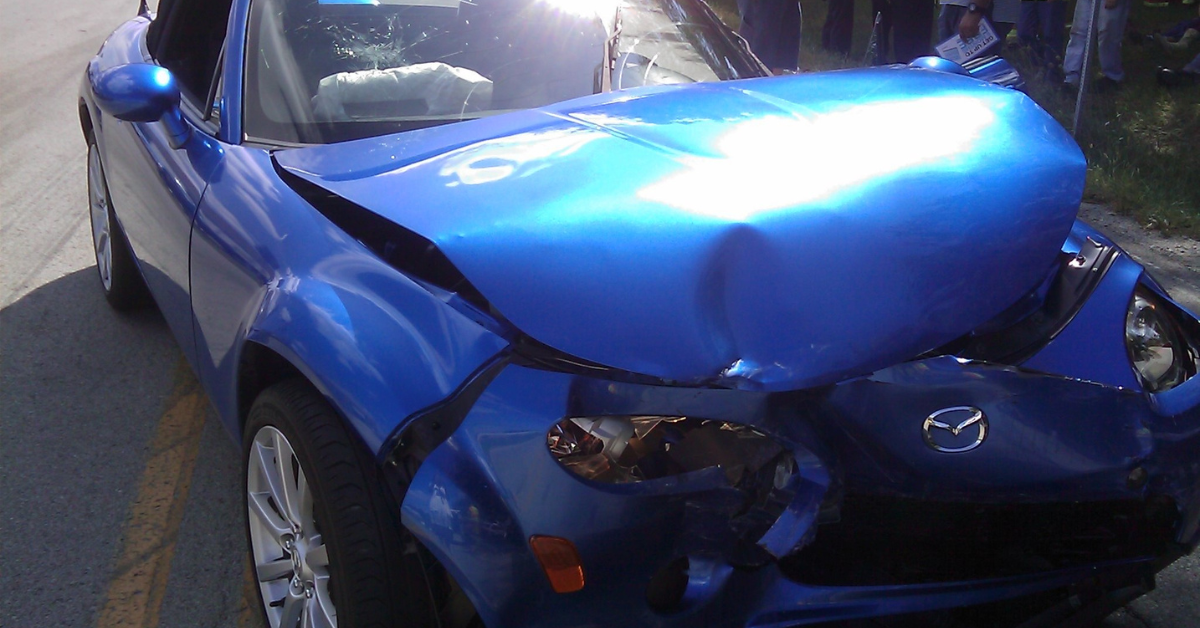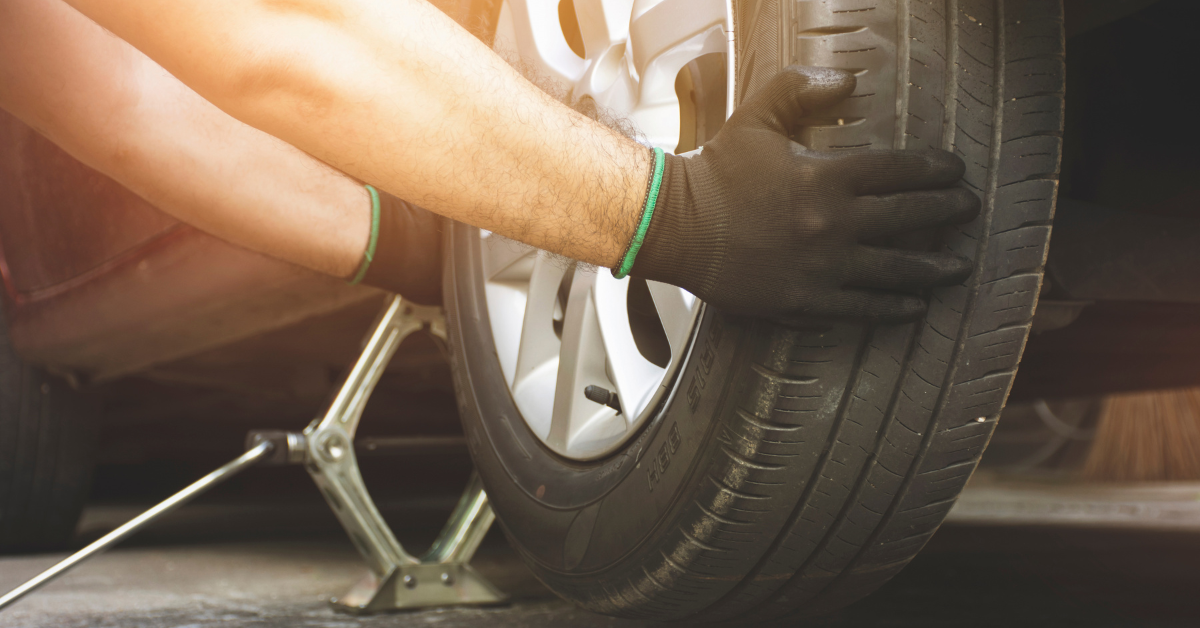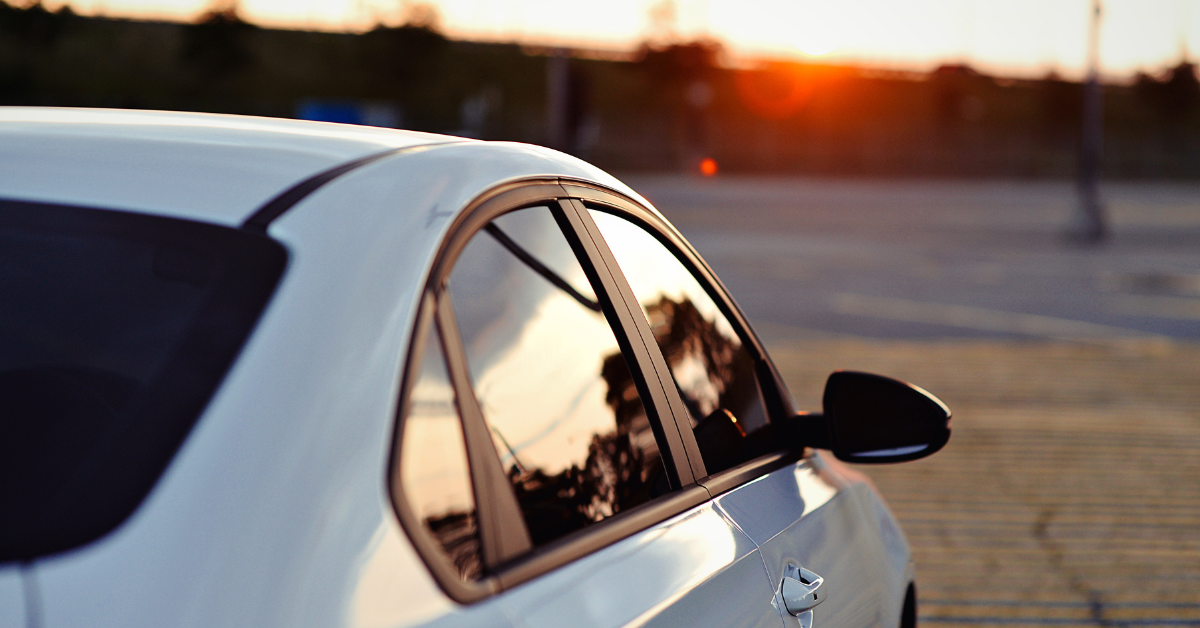
When Is an Employer Liable for an Employee’s Car Accident?

*Collaborative Post
When is an employer liable for an employee’s car accident? The complexities of this issue can lead to significant legal and financial consequences if not properly addressed. Know how to determine an employer’s liability for your car accident to find the right legal support and avoid unexpected lawsuits.
When Is an Employer Liable for an Employee’s Car Accident?
The principle of vicarious liability, also known as respondeat superior, holds employers responsible for their employees’ actions within the scope of employment. Direct liability can arise when an employer’s negligence, such as inadequate training or vehicle maintenance, contributes to an accident. Exceptions to employer liability include personal errands and “frolics” outside the scope of employment.
Have you been involved in a car accident while working? Failure to grasp these concepts can result in substantial monetary damages and reputational harm for employers, while employees may find themselves without proper coverage or support in the aftermath of an accident. If you were driving for a ride-sharing service like Uber, reaching out to an Uber accident law office can help you understand your options and navigate the complexities of liability.
1. Vicarious Liability and Respondeat Superior
Vicarious liability means an employer can be held responsible for an employee’s actions if those actions occur within the scope of employment. The legal doctrine “respondeat superior” translates to “let the master answer,” emphasizing this responsibility.
For example, if you have an accident while making deliveries, your employer is typically liable. This principle makes sure that you, as an employee, do not bear the full burden alone.
2. Direct Liability for Employer Negligence
Direct liability arises from an employer’s own negligence. When your employer fails to maintain company vehicles or encourages unsafe driving practices, they can be directly liable for accidents.
For instance, if an employer knew a vehicle’s brakes were faulty yet allowed you to drive it, the employer might be held responsible for any resulting injuries or damages.
3. Differences Between Employees and Independent Contractors
Roadway incidents involving motorized vehicles were the primary cause of work-related fatalities in 2022, resulting in 1,369 deaths and over 68,000 cases of injuries. However, employer liability often depends on whether you’re classified as an employee or an independent contractor.
- Employees generally act under the employer’s control and are more likely to invoke employer liability.
- Independent contractors operate more independently, and employers are less likely to be held liable for their actions.
4. Exceptions: Personal Errands and Frolics
When you are on a personal errand or taking a detour for personal reasons, known as “frolic and detour,” employer liability typically does not apply. For example, running a personal errand during your lunch break would likely mean your employer is not responsible for any accidents occurring during that time.
Related Questions
What Are the Legal and Financial Consequences of Employee Car Accidents?
Employee car accidents can result in substantial financial liabilities for employers, including legal fees, damage settlements, and increased insurance premiums. Additionally, employers may face legal consequences such as negligence lawsuits, regulatory fines, and potential criminal charges if gross negligence is proven.
Can Company Car Usage Policies Affect Liability?
Your employer’s policies on company car usage can influence liability. When you’re driving a company vehicle within the scope of your employment duties, your employer’s liability insurance usually covers any accidents.
Can an Employer Make an Employee Pay for an Accident?
Generally, employers cannot make employees pay for accidents that occur within the scope of their employment, as this is typically covered by the company’s insurance or considered a business expense. However, if the employee was acting outside their job duties or violated company policies, the employer may have grounds to seek reimbursement or take disciplinary action.
Conclusion
Knowing when an employer is liable for an employee’s car accident provides clarity and protection for both parties involved. This knowledge enables employers to implement appropriate policies and insurance coverage, while employees can better understand their rights and responsibilities when driving for work-related purposes.
*This is a collaborative post. For further information please refer to my disclosure page.




